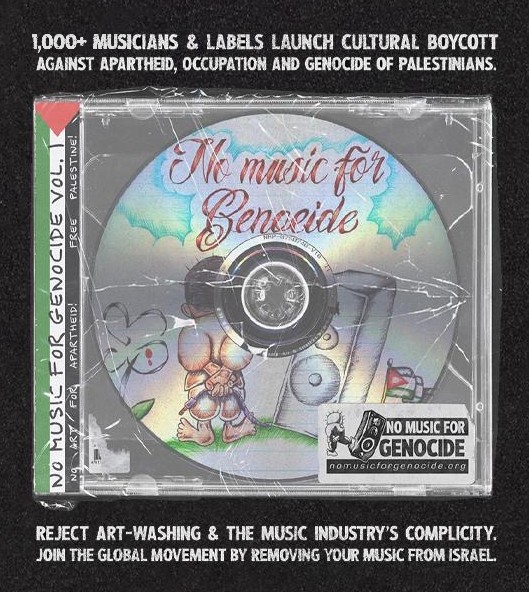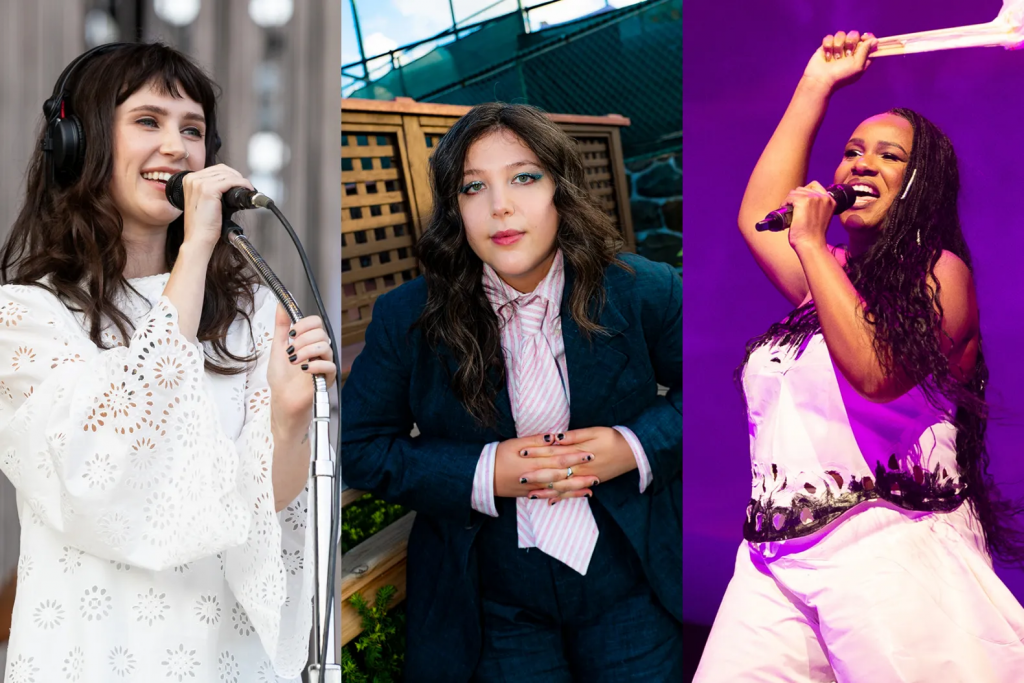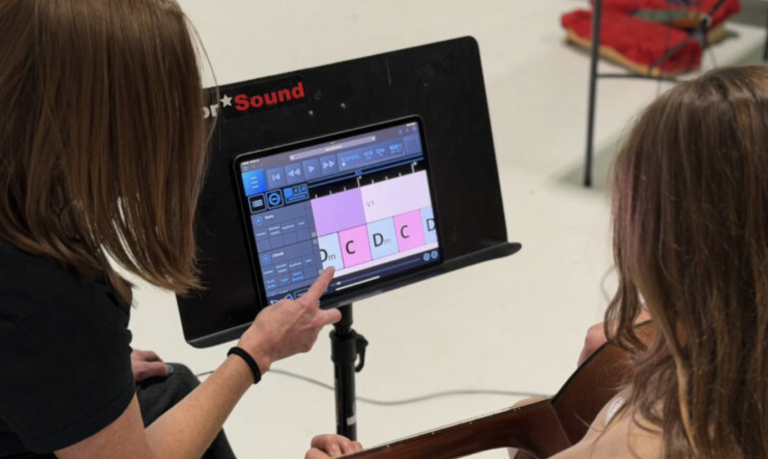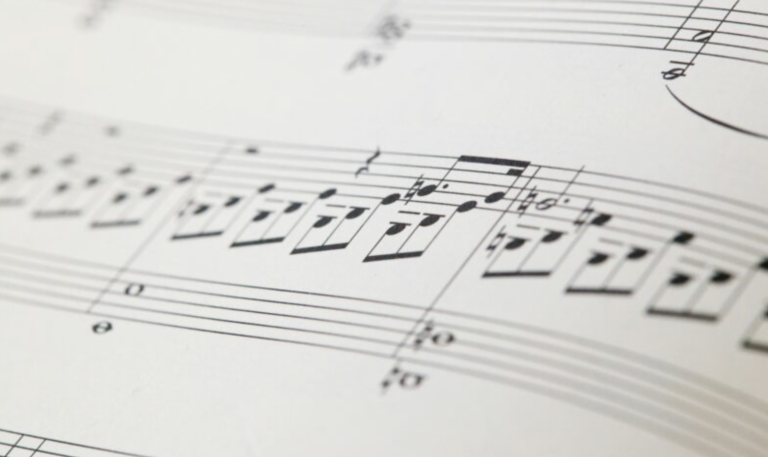
A growing number of musicians are taking a stand against the violence in Gaza by removing their music from Israeli streaming platforms. The “No Music for Genocide” campaign, launched in September 2023, now includes more than 1,000 artists. Recently, Clairo, Lucy Dacus, Nao, Wolf Alice, Of Monsters and Men, Aurora, and Mallrat joined the boycott. Their action reflects a broader cultural push to support Palestinian voices and challenge systemic oppression. As the movement gains traction, it continues to spark global conversations about the role of art in political resistance.
A Cultural Boycott Gains Momentum
The campaign’s method is direct: artists geo-block their catalogs from Israeli listeners. This move not only rejects what they call “art-washing” but also aims to shift public opinion and erode support for oppressive systems. As more artists join, the list of high-profile names grows—Björk, Lorde, Hayley Williams, and Paramore among them. According to a statement from No Music for Genocide, “Culture can’t stop bombs on its own, but it can help reject political repression, shift public opinion toward justice and refuse the art-washing and normalization of any company or nation that commits crimes against humanity.” Clearly, the campaign is positioning music as a tool for moral accountability and global solidarity.

The Conflict and Its Human Toll
Meanwhile, the timing of this movement aligns with a major turning point in the Israel-Hamas conflict. On October 7, 2023, Hamas attacked Israel, killing 1,200 people and taking 251 hostages. In response, Israel launched a military campaign that has killed more than 67,000 Palestinians. The United Nations declared in September that Israel is committing genocide. As of October 10, 2025, a ceasefire has taken effect. Israel agreed to withdraw troops from urban areas in exchange for Hamas’ release of 20 hostages. In return, Israel will free 250 imprisoned Palestinians and 1,700 war detainees. Consequently, thousands of Palestinians are now returning to their homes, many of which have been reduced to rubble.
With the ceasefire in place, the moment is bittersweet. “People are screaming with joy in the streets,” said Raghad Izzat Hamouda, a 20-year-old Palestinian woman. “Imagine that you survived the genocide that lasted for two whole years under the bombing, hunger, destruction, fear.” Through music, artists are helping amplify these voices and reshape the global narrative. Ultimately, their protest reminds us that art is not just entertainment—it is a powerful force for justice, empathy, and change.








